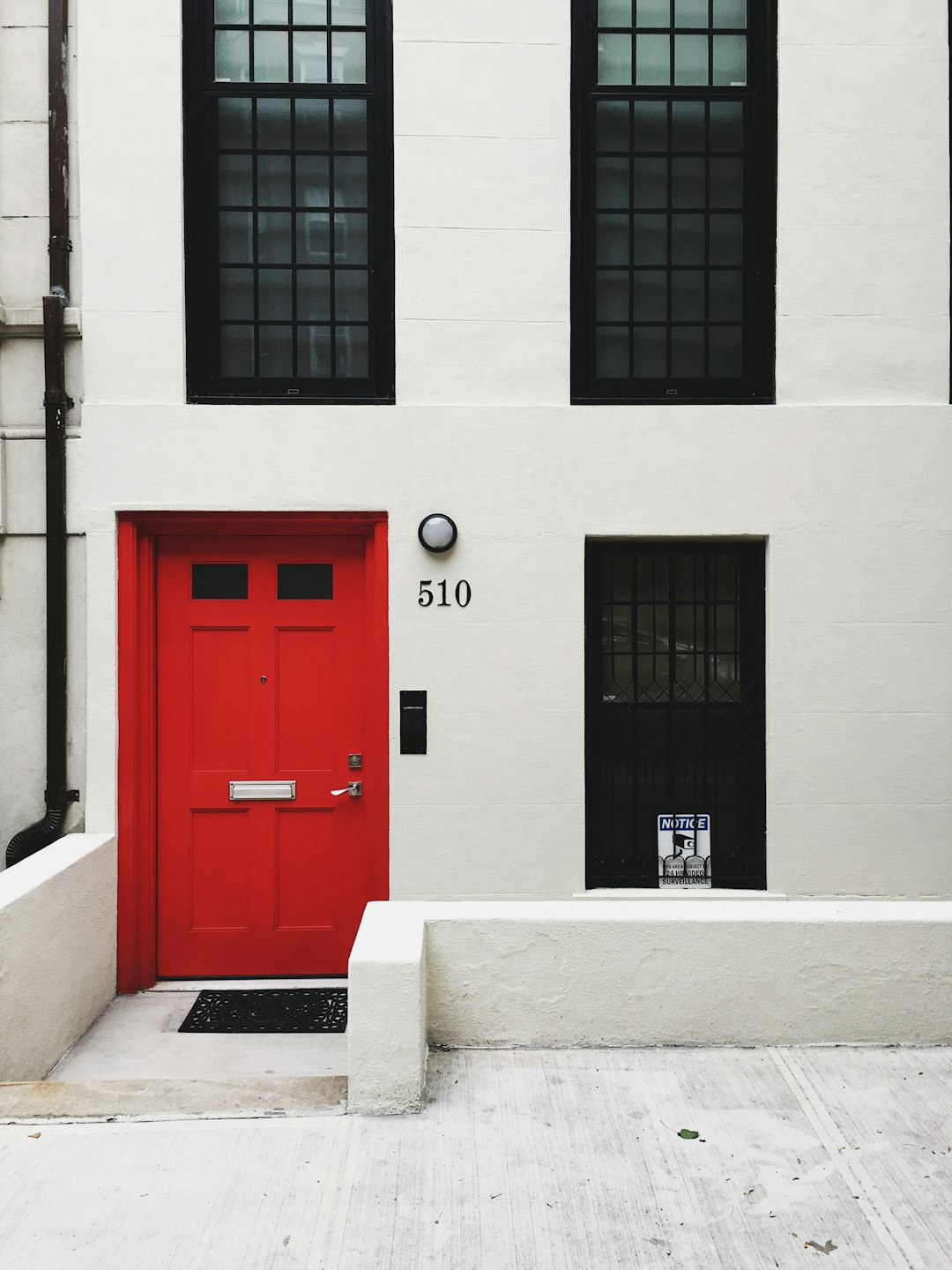Last week I was too caught up in election campaigning to write a proper post. So, as promised, this week I’m back with some reflections on canvassing.
Canvassing – talking to people to try to convince them to give you their political support – dates back at least to Ancient Rome. In England the practice arose alongside parliamentary politics in the early modern period. While the effectiveness and even the ethics of canvassing (William Hogarth depicted the corruption associated with the practice in his 18th-century painting Canvassing for Votes) have been debated, and strategies have changed over the centuries, appealing to registered voters on their doorsteps ahead of election day remains a central part of campaigning in the UK today.
The doorstep is a liminal space, a place between the privacy of the home and the public outdoors. In a city like London, it typically brings people together across differences. The part of town I where I live and canvass, like many areas of the capital, has stark gaps in income, housing and living conditions, and is home to people from a range of income levels, cultures, generations and types of household.
Door-knocking near home often gives me the eery feeling of wandering around a real-life version of China Miéville’s novel City in the City, in which two separate cities occupy the same geographical space. On my patch it’s not uncommon to find a single family living beside a house of identical size with 8 doorbells. Even on the many housing estates in my area poverty sits alongside relative wealth; since the Thatcher government’s introduction of the right-to-buy scheme in the 1980s, estates have become a mixture of council tenants and leaseholders like me who own our properties.
I’m under no illusion when I stand at a half-opened door that I’m getting anything more than a glimpse of what’s beyond. But I might learn a bit about how the people inside live or would like to live. Whether they use the parks close to home, how far their kids travel (and how) to get to school, whether they use buses or other kinds of public transportation, where they buy their food, whether they’re concerned about threats to small businesses, local services and markets from development and cuts. What might be an urgent local issue for one person is irrelevant to another. On a street where cars line the pavement, parking will inevitably come up. On the 20th floor – whether of a council block or a private apartment building – it’s rarely an issue. Most non-council tenants probably don’t spend a lot of time on estates, but if you stand at enough doors on one you’ll see your fair share of mould creeping down the walls. A few weeks ago I rang the bell of a grand redbrick building with multiple flats. If a tenant hadn’t let me in, and I hadn’t subsequently tripped over the uneven flooring, I wouldn’t have imagined the state of neglect behind the heavy front door.
Not everyone welcomes a knock on the door out of the blue. Lots of mailboxes have stickers screaming “No junk mail” or “No cold callers”. For some, unsolicited visitors constitute an irritating invasion of privacy. For others there may be very good reasons – fear of a knock on the door from the Home Office is an obvious one – for being wary of the stranger on the doorstep. But the more common and curt “not interested” is more likely a sign of disinterest or disillusionment with electoral politics.
More than once I’ve had to explain to an irritated resident that one of the basic lessons of teaching – people need to hear new information several times before it sinks in – stands for politics too. It’s valuable for those of us who write for a living to remember that most people do not, and that not everyone has access to social media or a computer. In a world where those with the strongest opinions and sharpest strokes of the keypad tend to have the most followers and likes, listening to views you disagree with without cutting down your opponent may not be the most valued social skill. But it’s an invaluable skill for an activist.
Of course, sometimes I can’t listen because I don’t speak the language of the person at the door – a crucial reminder of the many ways British politics excludes people. The doorstep heightens my awareness of my whiteness, my university education, the North American English accent that sometimes sparks curiosity but never hostility, my able body that allows me to walk up, down and around for hours. I rarely encounter overt homophobia or sexism, though this time around recent memories of lockdowns and the introduction of low-traffic neighbourhoods prompted some fierce mansplaining about the authoritarian nature of all politics. I hold my tongue, hide my smirk (another handy use for masks!) and move on.
Exchanges are usually more banal. Most who open the door are friendly if not enthusiastic, appreciate why I’m there, even if they don’t buy the message. More than a few have suggestions about how things could be done better. Last Wednesday night just before 8 pm in the light rain I rang the last bell on my final pre-election round: a low block of purpose-built flats. A woman’s voice told me she didn’t intend to vote this time. When asked whether she usually voted she replied yes. “You’re welcome to come up for a chat,” she added. I climbed to the first floor and a woman a bit younger than me stood with the door ajar. She was just back from her job in the housing sector and was worried about seeing more and more people homeless in her neighbourhood. She convinced me that I had to learn more about the particular economic challenges facing people who live in shared ownership accommodation. I have no way of knowing whether or how she voted the next day, but she seemed pleased to get a bit of an insight into our ludicrously complicated electoral system.
All that may change some day. Political canvassing predominates in the so-called “first-past-the-post” system that we have in the UK. On the European continent, where electoral politics are based on proportional representation and most people live in inaccessible apartment buildings, door-knocking in residential areas is less common. I for one would welcome PR as a more democratic system. But I’ll miss the encounters on the doorstep, and parties will have to come up with new ways to allow residents to register their views.
It would be easy to paint the doorstep as some kind of utopian place where differences meet in harmony. But cities are far from utopias, and elections will not solve all our problems. Canvassing, like electoral politics generally, is reformist rather than revolutionary. Its avowed aim is to change the minds of the people behind the door so that they will vote in a particular way. But the experience is equally important for the canvasser, because it’s hard to do politics in any meaningful way if we don’t listen and talk regularly to people who think and live in ways different from ourselves. For those of us fortunate enough to have a physical space to call home, changing the world means taking an active interest in the worlds on our doorsteps.
* I’ve deliberately changed and left out some details – this is a newsletter post, not a party political broadcast 😉





